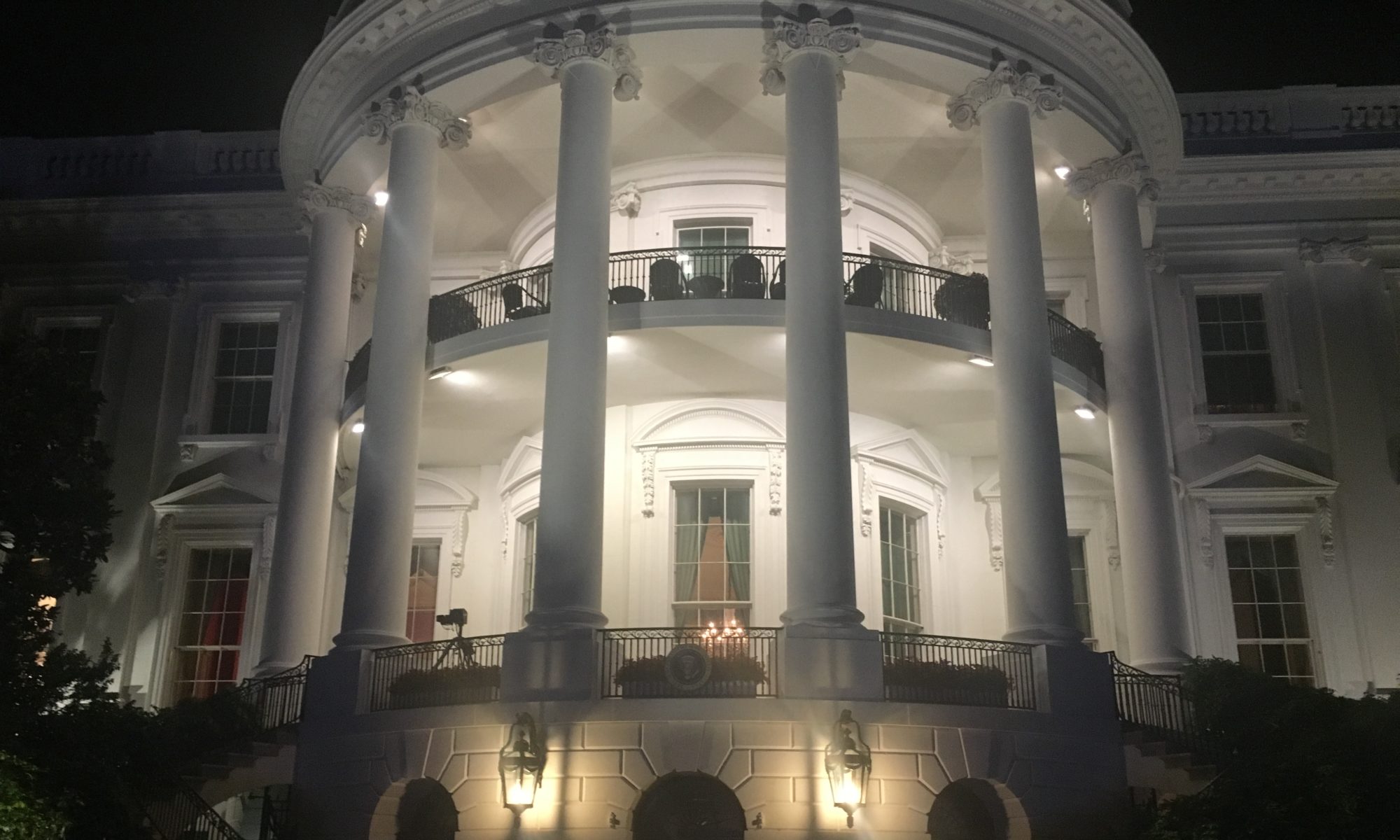On Saturday night, Second Lieutenant Richard Collins III was murdered by a white supremacist student on the campus of University of Maryland, College Park. Lt.. Collins, who had taken an oath to “support and defend the Constitution” was murdered by a terrorist who belonged to a white supremacist Neo Nazi Facebook group.
Lt. Collins’ murder, though shocking, did not happen in a vacuum. Throughout this year, the University of Maryland, along with other campuses around the country, has seen a spike in racist incidents. On four separate occasions, white supremacist flyers were posted on campus.
Of course, this hate speech is not confined to college campuses. This past week, Black Texas Congressman Al Green was threatened with lynching after calling for Trump’s impeachment. Mississippi Republican Legislator Karl Oliver vociferously objected to the removal of Confederate monuments, calling for those who removed them to be lynched.
What all of this speech has in common is the belief that there is hierarchy of humanity in which Black people occupy the lower rung and that refusal to accept that idea is punishable by death. The Charles Murrays and Ann Coulters of the world advance the same arguments using more elevated vocabulary and junk science.
Right wing critics decry the protests that accompany these speeches, arguing that the protests infringe on the speakers’ First Amendment rights. This is a deliberate misinterpretation of what the First Amendment guarantees, which is freedom from government prohibition of speech. It does not guarantee that every speaker is entitled to a forum, no matter how vile their message. While one can make the argument that schools that receive government funding must provide a forum to all speakers invited by student groups, it does not follow that those speakers have the right to have their speech go unchallenged.
Black students, whose very humanity is being questioned by this speech, have the right to protest it. Immigrant students who are being targeted by this speech, have the right to question it. Jewish students, whose safety and security is threatened by this speech, have the right to challenge it. While they should never be violent, they have no obligation to be polite. Asking them to be silent in the face of speech which openly questions their right to exist is a kind of violence.
The seminal case of Brandenburg v. Ohio (1969) enshrined in law the principle that even speech inciting violence is protected by the First Amendment. Yet what too many of us fail to understand and appreciate is that the absolute freedom of expression explicated in First Amendment jurisprudence is undergirded by the idea that the remedy to noxious speech is more speech. In the words of Oliver Wendell Holmes, “the best test of truth is the power of the thought to get itself accepted in the competition of the market,” Holmes dissent in Abrams v. United States, (S. Ct. 1927).
The demand that white supremacists be met with an uncritical reception, undisturbed by challenging speech, asks that we give hate speech not a forum, but a monopoly. It is woefully insufficient to politely ask Mississippi Senator Oliver to apologize for invoking lynching or for the President of the University of Maryland to timorously state the value of diversity in the face of white supremacist recruitment posters. If we are to honor Lt. Collins’ oath to support and defend the Constitution, we must forcefully repudiate the venomous philosophy of racism and anti-Semitism. We cannot bring a metaphorical knife to a gunfight. The murder of Lt. Collins is all the evidence that we need that we are in a battle for the soul of this country. We owe it to him to bring everything we’ve got.
